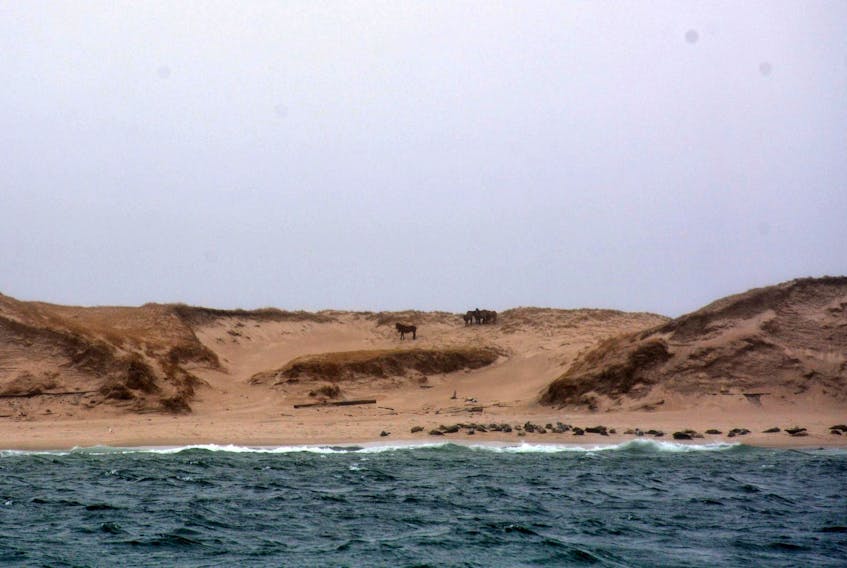The climate change alert levels rise consistently along with temperatures and sea levels.
The Intergovernmental Panel on Climate Change released a wide-ranging report Wednesday about how changing climates will impact oceans and sea level.
“Sea level rise and associated impacts threaten the lives and livelihoods of large segments of our population,” said Ko Barrett, a member of the National Oceanic and Atmospheric Administration in the United States and one of the more than 100 scientists from over 80 countries who contributed to the IPCC report.
The IPCC report hiked sea level rise projections and added that extreme sea level events that used to happen once a century will occur every year in many parts of the world by the middle of the century.
“The No. 1 thing we need to do is slow the emission of greenhouse gases so that the climate change slows down,” Nancy Anningson, coastal adaption co-ordinator with the Ecology Action Centre, said of the Halifax-based environmental charity’s response to the IPCC report.
“What this report is telling us is sea level rise is happening at a faster and faster level than we keep anticipating. We are probably at a tipping point now that if we don’t both control what’s happening and start to prepare, it’s going to happen faster than we can adapt to it.
“With sea-level rise, it’s going to take some number of years, they used to say 30 years and are now saying it could be a lot longer than that, before sea level stops rising because this is already in play and destabilized.”
Gavin Manson, a coastal geoscientist with the Geological Survey of Canada, said sea level will rise as much as a metre across the region by the turn of the next century.
Manson said there are east-west and south-north gradients at work in projecting sea level rise. It will be less pronounced as you move from east to west, accounting for relative sea level rise of one metre over the 21st century at Sable Island and about 0.6 metres at Rimouski, Que. The amount of change from 2006 to 2099 will be 0.9 metres in Halifax, .912 metres in Yarmouth, .85 metres in St. John’s and Charlottetown, and 0.9 metres in Saint John, N.B.
Manson said greater inland flooding will occur because of extreme storm surge events.
“People are going to see the overtopping of docks more often, greater damage to infrastructure at the coast, more frequent and more severe and increased coastal erosion during these storm events.”
The EAC identified key areas of the IPCC report that are directly applicable to this region, including the ability of some marine species to survive in local waters and the migration of species like lobster that are already moving north in search of colder waters.
“People are going to be displaced, our fishery will be disrupted,” Anningson said.
The EAC is urging governments to take immediate action to turn the tide on the climate change crisis, including the reduction of greenhouse gas emissions to keep global temperature rise below 1.5 degrees, to end overfishing and habitat destruction, to protect salt marshes, seagrass meadows and other marine habitats that capture and store carbon, to increase adaptive capacity in coastal communities and to hold destructive companies accountable.
“We still have time to turn things around, but it will require major changes in how we manage our fisheries along with our coastal and marine habitats,” said Jordy Thomson, marine science and conservation co-ordinator with EAC.
See www.sealevelrise.ca for more information.
RELATED:
Read our indepth series on Rising Seas AND on Climate Change and the Economy









